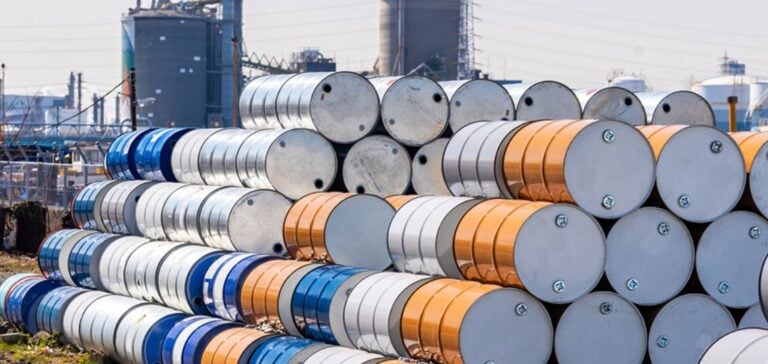Oil demand will stabilize at 106 million barrels per day by the end of the decade, while production will reach 114 million barrels. The IEA forecasts a major surplus, impacted by the energy transition.
A looming oil surplus
Global oil production is set to exceed demand, according to the International Energy Agency (IEA). The IEA’s annual oil report anticipates a “major” surplus of 8 million barrels per day by 2030, as a result of increased production and the transition to clean energy. Global demand should stabilize at around 106 million barrels per day by the end of the decade, while global supply capacity could reach 114 million barrels. This unprecedented situation would pose significant challenges for oil companies, who would have to adjust their strategies and business plans accordingly.
Transition Factors
IEA Executive Director Fatih Birol points out that growth in global oil demand is slowing due to the energy transition and the evolution of the Chinese economy. These factors, combined with increased sales of electric cars and improved fuel efficiency of internal combustion vehicles, should cap oil demand at 106 million barrels per day by 2030. Advanced economies, in particular, should see their demand for oil continue to fall, from nearly 46 million barrels per day in 2023 to less than 43 million barrels per day in 2030, its lowest level since 1991, excluding the period of the Covid-19 pandemic.
Impact of Clean Energy and OPEC+.
Governments and companies around the world are stepping up investment in clean energy to reduce greenhouse gas emissions. At the same time, global oil production is set to rise, driven in particular bynon-OPEC+ producers such as the United States. This should generate a surplus of 8 million barrels per day by the end of the decade, levels unseen outside the Covid-19 crisis. Such a surplus could lead to an environment of low oil prices, posing challenges for the US shale industry and the OPEC+ led by Saudi Arabia and Russia.
Short-term demand forecasts
In its monthly report, the IEA slightly lowered its forecast for global oil demand growth in 2024, estimating it at 960,000 barrels per day, compared with 1.1 million previously. For 2025, the agency expects a modest increase in demand of 1 million barrels per day, below its previous estimate of 1.2 million. The oil industry is therefore gearing up for a period of significant overproduction, prompting industry players to adjust their strategies to navigate a rapidly changing market environment.





















